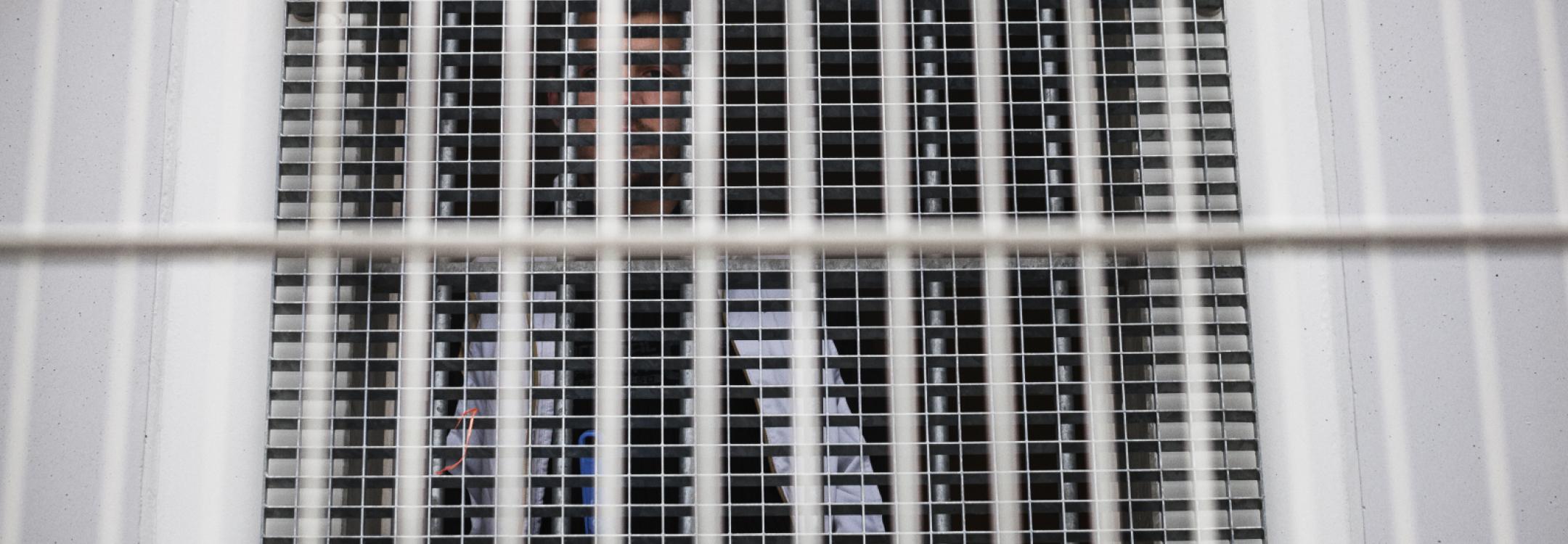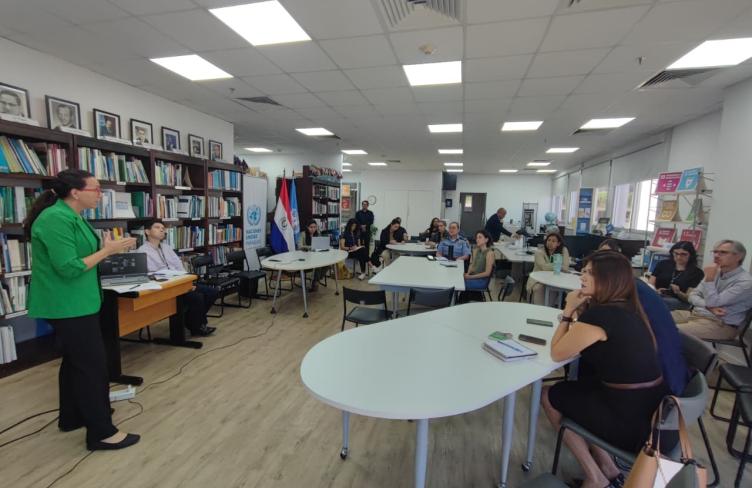
Nine years after the Chilean government decided to appoint its National Human Rights Institution (NHRI) as the country’s future National Preventive Mechanism (NPM), the bill of law designating the NHRI as NPM – unanimously adopted by the Chamber of Deputies in January 2018 – was tabled for discussion in its first reading by the Senate. This came just a few weeks after APT’s meeting with the President of the Senate’s Human Rights Commission, in May, to encourage the prompt adoption of the bill by the Senate. Amendments to the bill of law can now be submitted until 9 July 2018.
“This is a very important step in the process,” said Audrey Olivier Muralt, Director of APT’s Office in Panama and future Director of APT’s Regional Programmes. “Hopefully things will evolve quickly from now on so the bill will be enacted ahead of Chile’s examination before the Committee against Torture (CAT) in July.” This is indeed the last stage before the State can begin to formally establish its NPM, which will be mandated to conduct regular and unannounced visits to all places where persons are deprived of liberty.
The bill of law foresees that Chile’s NHRI will perform the NPM’s mandate through a Committee for the Prevention of Torture composed of nine experts, and supported by a group of staff members. The APT shared good practices from other NHRIs as NPMs – which make up for two-thirds of all NPMs worldwide – with members of Chile’s NHRI Council, during one of their official sessions. The APT also met with several human rights NGOs in view of Chile’s upcoming review before CAT.
Chile ratified the Optional Protocol to the UN Convention against Torture (OPCAT) in December 2008. One year later, the National Institute of Human Rights (NIHR) was established by law, and the government informed the UN Subcommittee on Prevention of Torture about its intention to designate the NIHR as NPM. Since then, numerous discussions took place regarding the possible structure of the NPM as well as the nature of its legal basis, until the a bill of law was finally drafted, signed by the President in May 2017, and subsequently laid before Parliament.
For more information on:
- Our work in Chile, please click here
- Chile’s implementation of the OPCAT, please access our OPCAT Database


